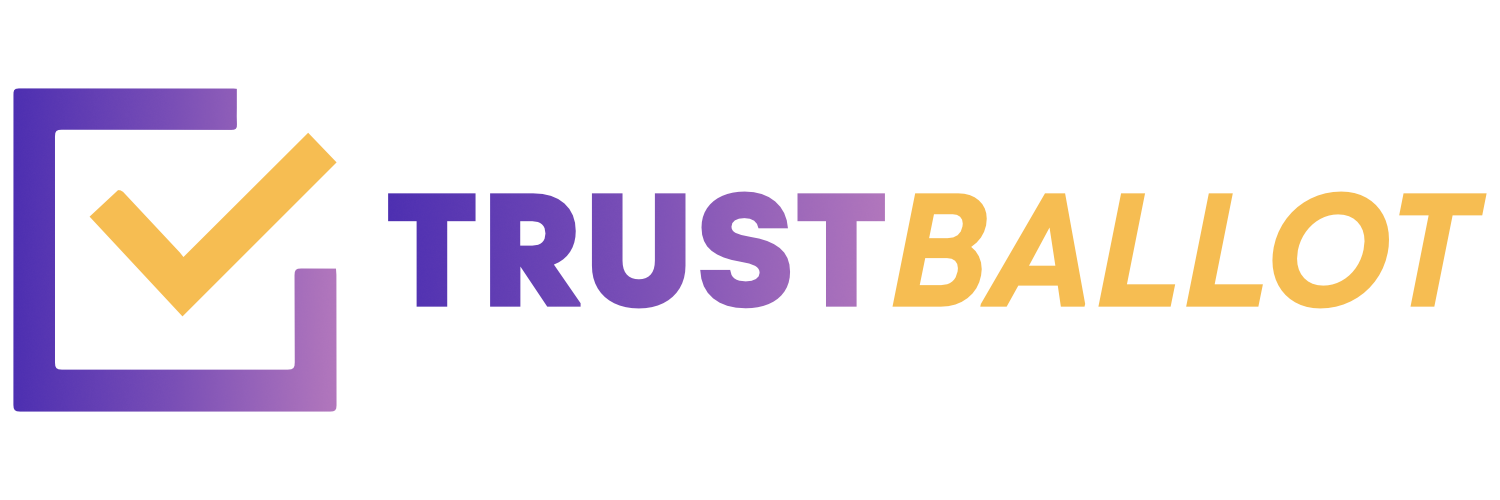The Menace of AI-Generated Disinformation in Bangladesh: A Threat to Electoral Integrity
In the fast-evolving landscape of modern politics, the specter of AI-generated disinformation looms large, casting a shadow over the sanctity of electoral processes worldwide.
As nations gear up for elections in 2024, concerns about the malicious use of artificial intelligence to manipulate public opinion and exacerbate divisions have escalated. A poignant example of this threat is unfolding in Bangladesh, where the upcoming elections have become a battleground for the exploitation of AI tools in disseminating misleading content.
The electoral landscape in Bangladesh has become a breeding ground for AI-generated disinformation, with pro-government entities employing inexpensive tools provided by AI start-ups to manipulate public sentiment. Recent instances include a fake news clip featuring an AI-generated anchor vehemently criticising the United States, seen as an appeal to voters. Another deepfake video, swiftly removed, depicted an opposition leader wavering in support for Gazans in a country with a substantial Muslim majority and strong solidarity for Palestinians.
While the spotlight on global tech giants, Google and Meta, intensifies to curb misleading AI content ahead of major elections in 2024, the case of Bangladesh highlights the challenges of controlling such disinformation in smaller markets often overlooked by these behemoth American companies. Miraj Ahmed Chowdhury, Managing Director of Digitally Right, a Bangladesh-based media research firm, notes that although AI-generated disinformation is still in its experimental phase, the potential for mass-scale production poses a significant threat.
The proliferation of powerful AI tools, such as OpenAI's ChatGPT and AI video generators, has amplified concerns about the authenticity of political content.
In Bangladesh, the impact of AI-generated disinformation is palpable, fueling an already tense political climate ahead of the January polls. The government's crackdown on the opposition, including the arrest of thousands of leaders and activists, has already raised alarms about the prospect of a free and fair election in the country.
The methods employed in Bangladesh reveal the accessibility of AI tools for creating disinformation. HeyGen, a Los Angeles-based AI video generator used to create a news anchor video for BD Politico, exemplifies how affordable tools can be misused for political gains. Other examples include deepfake videos posted on Meta's Facebook, suggesting a dire need for vigilant oversight and regulation.
The challenge is further compounded by the lack of effective AI-detection tools, particularly for non-English language content, and the Western-centric focus of solutions proposed by major tech platforms. Sabhanaz Rashid Diya, founder of the Tech Global Institute and a former Meta executive, emphasises that the regulatory responses are insufficient for countries like Bangladesh, where political communication extends beyond traditional advertisements.
In addition to the technological challenges, the lack of robust regulations and selective enforcement exacerbates the problem. Bangladesh's Cyber Security Act has faced criticism for granting the government expansive powers to suppress online dissent. The absence of a proactive stance from regulatory bodies raises concerns about the unbridled spread of AI-generated disinformation.
A grave consequence highlighted by experts is the potential for politicians to exploit the mere possibility of deepfakes to dismiss uncomfortable information. In countries like India, politicians have already resorted to claiming leaked audio or videos as deepfakes, sowing confusion and eroding trust in the authenticity of information.
As the world grapples with the multifaceted challenges posed by AI-generated disinformation, the urgent need for global cooperation and comprehensive regulatory frameworks becomes evident. The menace of AI-driven misinformation extends far beyond political boundaries, demanding concerted efforts to safeguard the integrity of electoral processes and preserve the foundational principles of democracy.

